Responding to a difficult call can affect you emotionally, long after the crises are under control. Some seasoned fire fighters have seen first-hand how occupational stress can lead to serious problems, including excessive alcohol and substance misuse, post-traumatic stress disorder, and even suicide. But a proactive approach to reducing stress can help. While support groups exist, fire fighters often worry that they will be judged as mentally and emotionally weak for asking for help.
Support groups can build social cohesion, promote socialization, provide peer accountability for healthy behavioral changes and help normalize the experience of trauma, grief or occupational stress. Peer support groups play an integral role in prevention and education of behavioral health problems.
Have you considered starting a peer support group in your own local? Peer support is a natural extension of the existing brotherhood of fire fighters. Introduce your brothers and sisters to the program in group sizes of 10 or less. Make the introduction about the program short, no more than 15 minutes, and inform your peers about the purpose of the group to lay some ground rules. You help people in your community every day. Peer support systems are an opportunity to get help or support a fellow fire fighter during a difficult time of need.

If you or a fellow fire fighter need help beyond support groups, treatment for substance use disorders, mental health disorders, and co-occurring disorders are available. Remember there is no shame in seeking treatment — these are real health problems that need to be addressed. Call the IAFF Center of Excellence to learn more about treatment options and support. Telephones are staffed around the clock with professionals who understand and can help.




